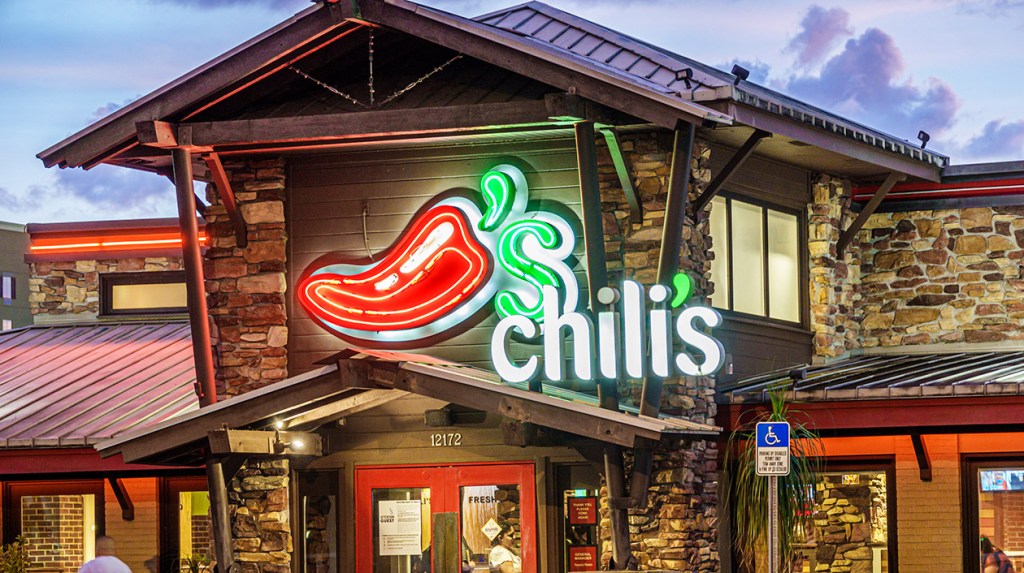Universal Music Group (UMG) filed a lawsuit claiming that Chili’s used more than 60 copyrighted songs by Ariana Grande, Justin Bieber and others on social media without permission song, just months after the Beastie Boys accused the restaurant chain of the same behavior.
In a complaint filed in Manhattan federal court on Tuesday (October 10), the music giant accused Chili owner Brinker International Inc. of knowingly using unauthorized content in dozens of promotional videos on YouTube, TikTok, Instagram and Facebook. Licensed music.
“In an effort to capture consumers’ attention in the rapidly evolving world of social media, defendants chose to use pop music as an integral part of their Chili messaging,” UMG’s attorneys wrote. “But despite the success, the defendants failed to pay the plaintiffs for the soundtrack to Chili’s social media ads.”
UMG said that in addition to Grande and Bieber, the videos also feature music from dozens of other stars, including Mariah Carey, Lady Gaga, Snoop Dogg, Lana Del Rey, ABBA, Luke Bryan, Travis Scott, Bruno Mars, Lil Nas X, Earth Wind and Fire, Weekend, etc.
The new case comes less than three months after Chili’s was accused of roughly the same crime by the Beastie Boys. In the case, the iconic rap trio accused the restaurant of using their 1994 hit single “Sabotage” online, including a parody of the song’s 1970s-themed music video.
Social media platforms like Instagram and TikTok offer vast libraries of licensed music for users to add to their videos. But there’s one key exception: The songs can’t be used in commercial or promotional videos released by the brand. This type of content requires a separate “sync” license, just like any traditional advertising on TV.
This key distinction has led to numerous lawsuits in recent years.
Starting in 2021, three major record labels sued beverage maker Bang Energy for using hundreds of copyrighted songs in TikTok promotional videos, with Universal and Sony ultimately winning large judgments. In May, Sony filed a lawsuit against Marriott Hotels, accusing the hotel chain of using nearly 1,000 songs in social media posts. In July, Kobalt and other publishers sued more than a dozen NBA teams over the same matter.
In Tuesday’s case against Chili’s, UMG argued that an established company with more than 1,600 restaurants should have known it needed a synchronization license to use well-known music in advertising — or at least it should have known.
“Defendants include successful companies that use their legal departments to promote multiple restaurant franchises and protect their intellectual property interests,” UMG’s attorneys wrote. “Although Defendants have previously licensed Plaintiffs’ music for use in advertising, Defendants have not attempted to determine which of the videos in this complaint feature Plaintiffs’ musical compositions.”
Brinker did not immediately respond to a request for comment.

